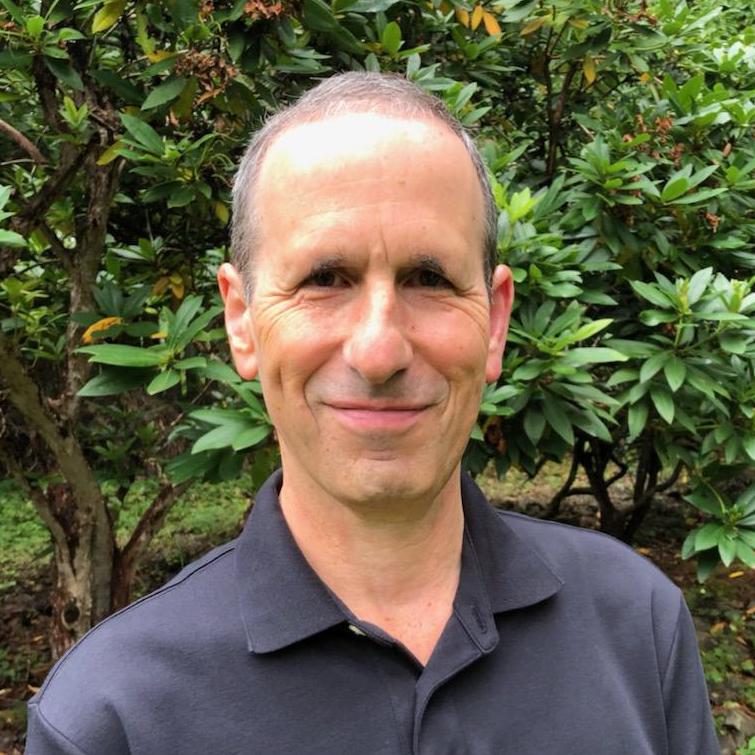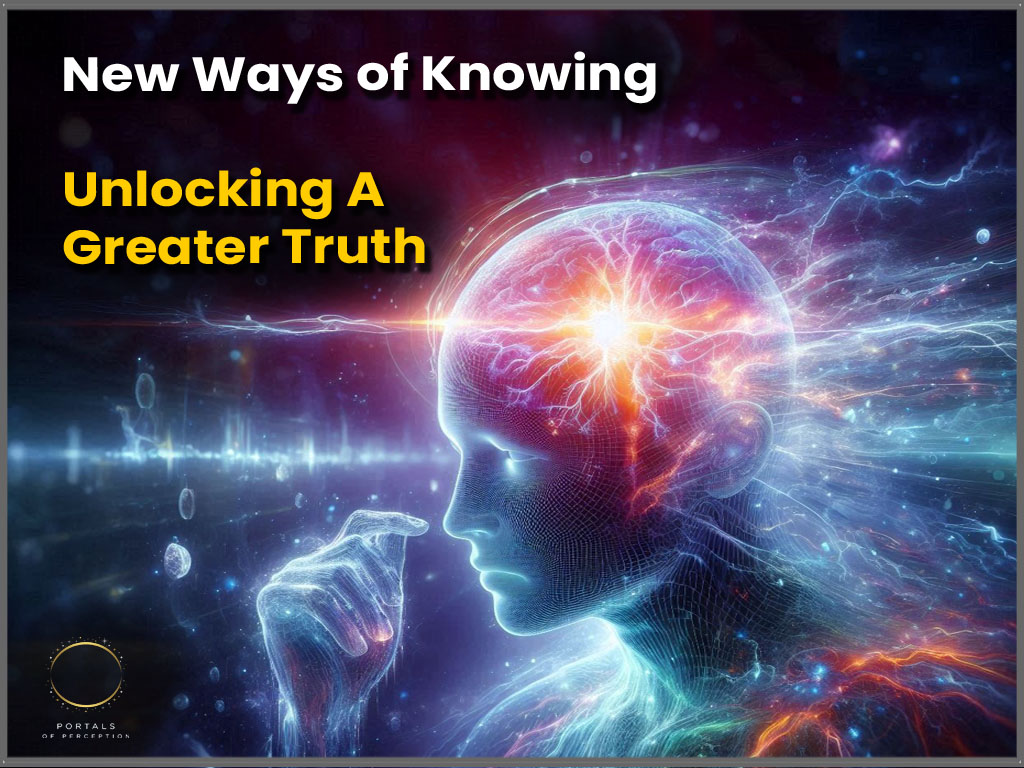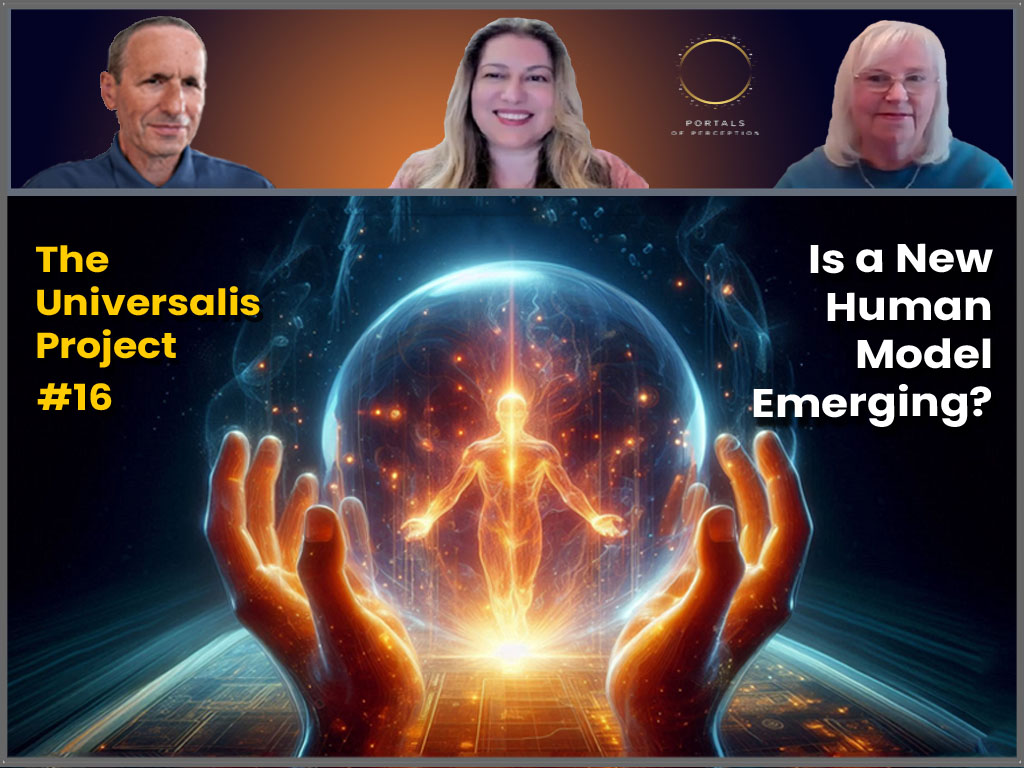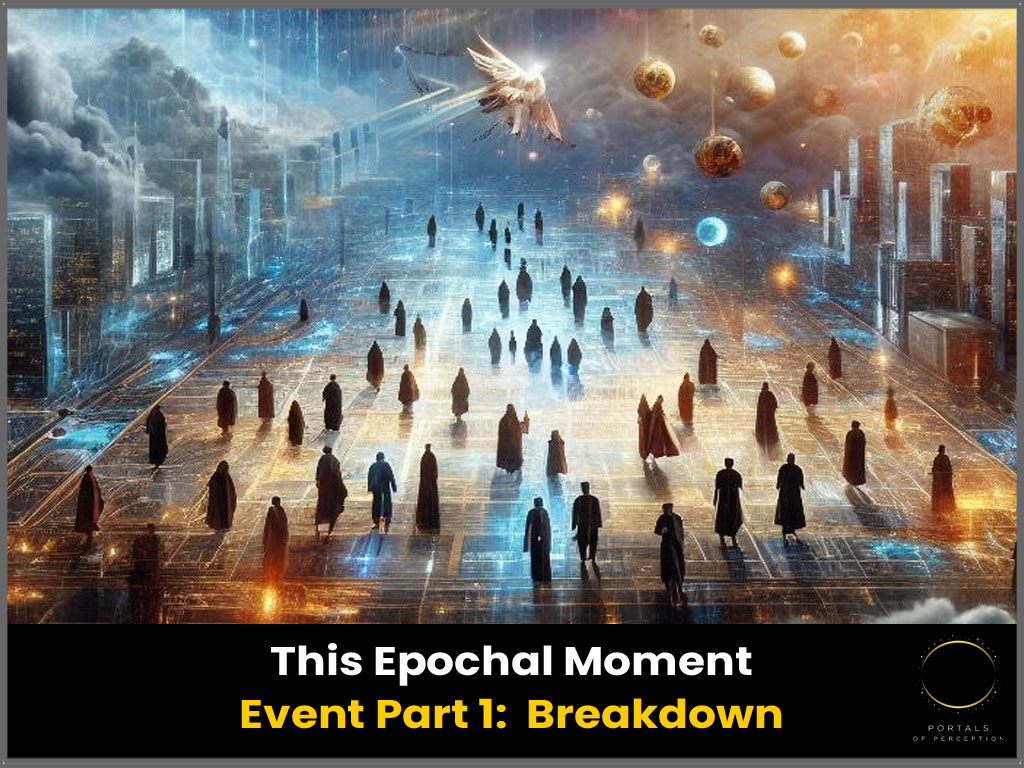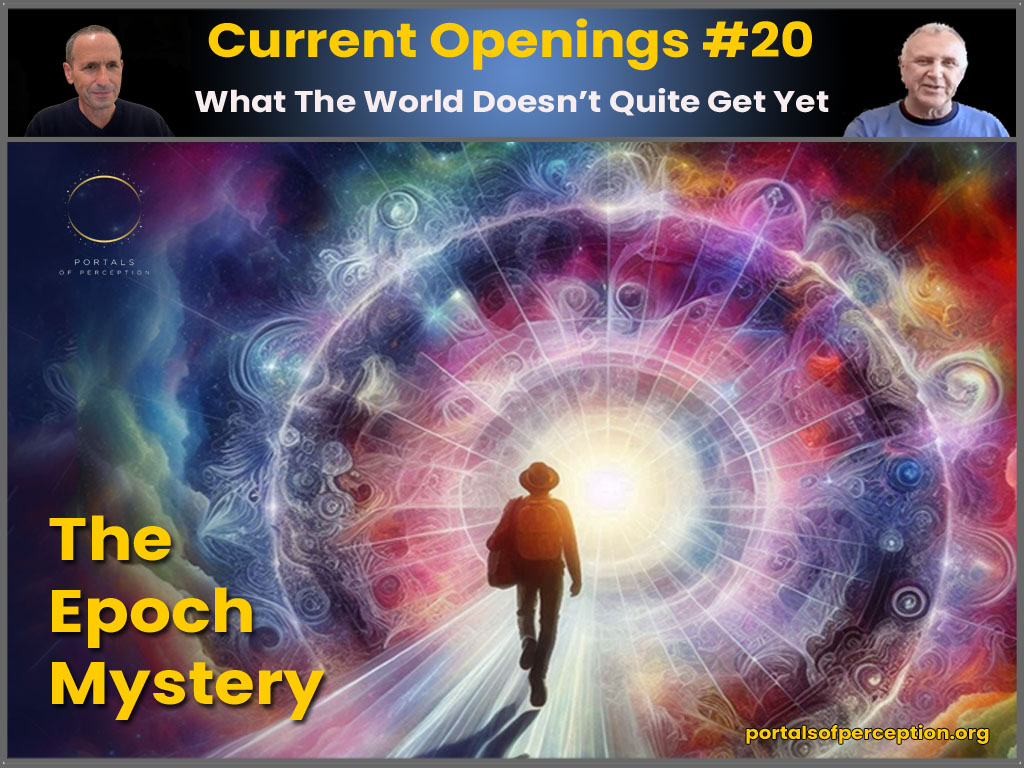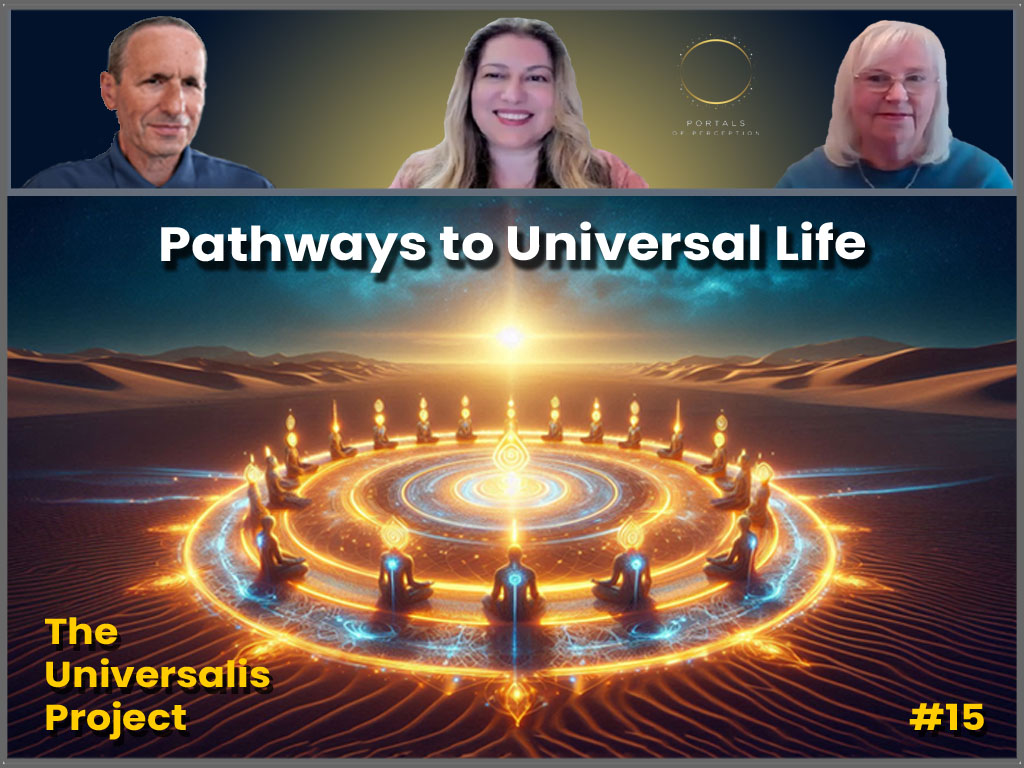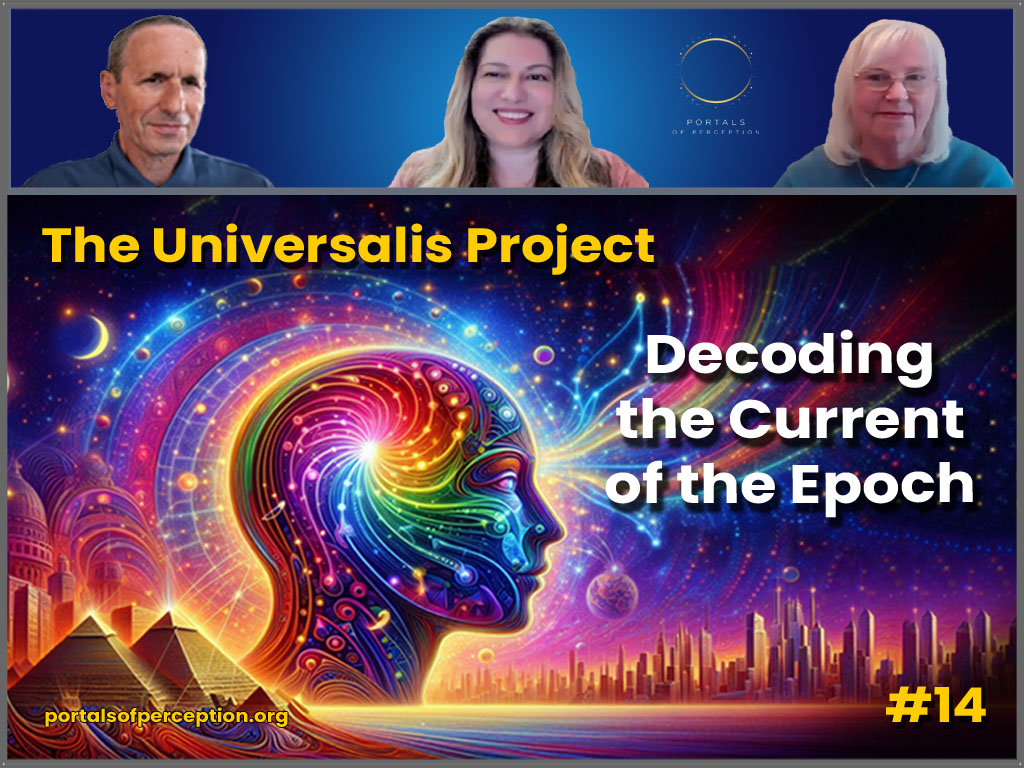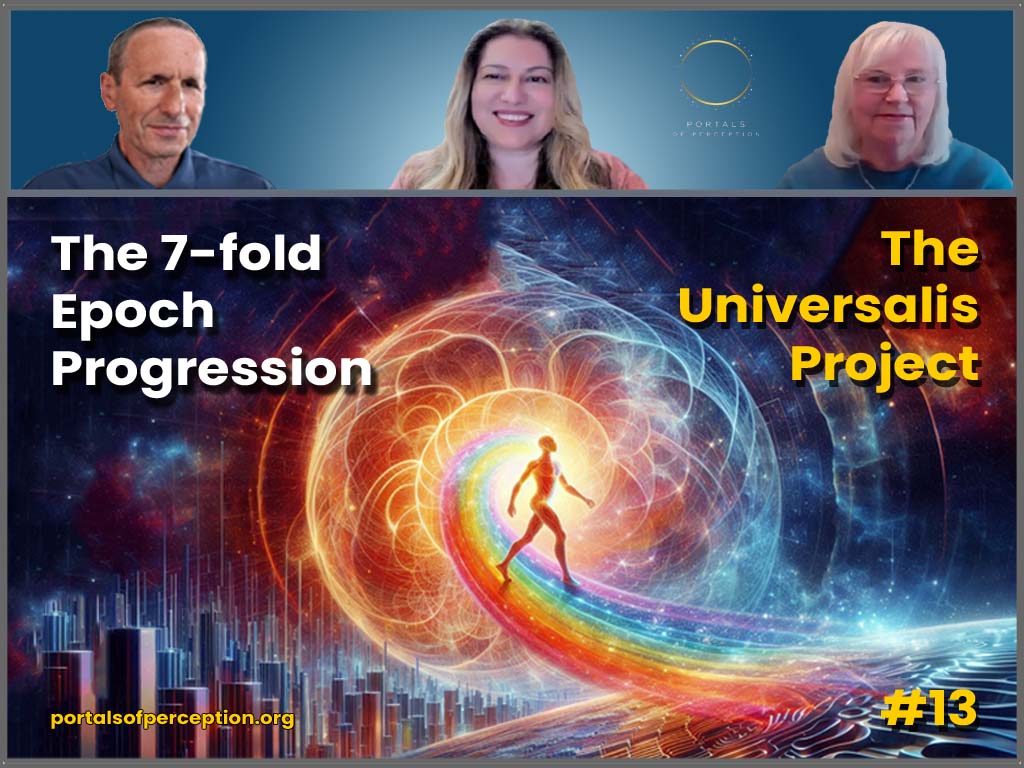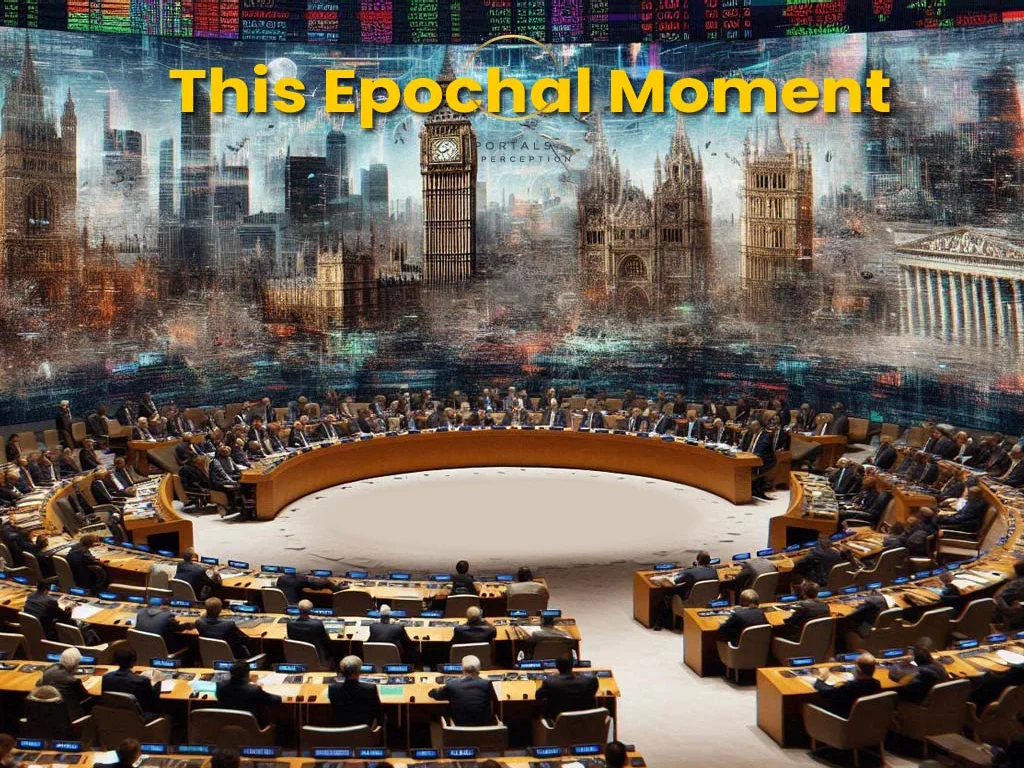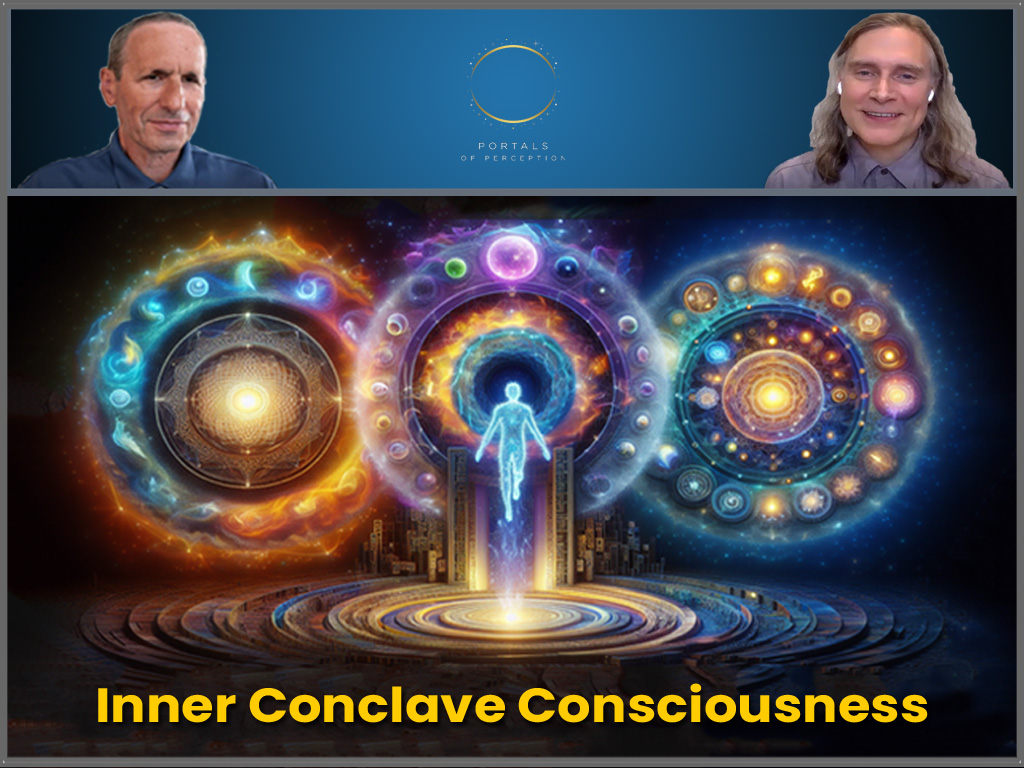
Saying “Love is God” or “God is love,” in the context of what I was just describing, is almost equal to saying “something is something.” And also “something is therefore some thing.”
I'm mindful that there may be a generational and/or upbringing component to my struggle with the word. We are raising generations of people that come to life now with the experience that they hear from their parents - even before they're born, and then certainly through their life - I love you, I love you, I love you. Which is a very important statement.
I've always known that my father loved me very much. And my mother loved me very much. I've always known that they loved me very much. It wasn't necessarily part of their language that they used to express it. When I was growing up as a young
toddler, and in my childhood and a youth in Israel, it was just not part of the nature of that culture. And so it is possible that when I worked through, and needed to find my pathway with the word, I needed to also address the fact that the word was never used in that easygoing, casual sense. And I always felt that there was more that needed to be discovered in the potential of love.
So this is where the word love can be worked towards. It's not just a happenstance. It's not: do I feel wonderful now, yes or no? It's the sense that, in this expression, we can become intentional and we can produce that impact in the way we choose to engage, in the way we choose to operate.

